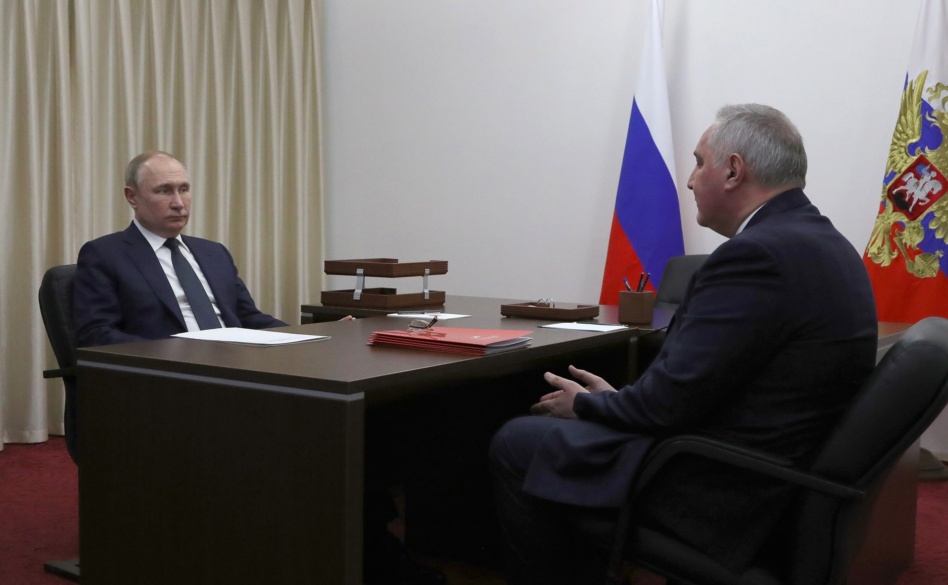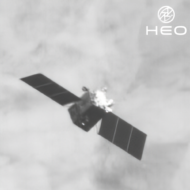Moscow removed Roscosmos head Dmitry Rogozin from his position on July 15, as part of a wider shake-up in the Russian government. No official reason was given for his ousting.
Rogozin will be replaced by Yuri Borisov, who was previously the deputy prime minister for defense and space.
Rogozin: Rogozin doubled down on his penchant for inflammatory remarks as Russia’s war in Ukraine escalated, which has led to tension with current and former NASA officials and astronauts.
His fervor against Western sanctions led to wild threats, like stranding astronauts on the ISS. This pushed NASA to make a rare rebuke of its biggest partner in space, after three cosmonauts posed with flags considered political propaganda on the ISS earlier this month.
What’s next for him: It is unclear what’s next for Rogozin, who has headed the Russian space agency since 2018. Russian news sources have suggested he’ll be placed in a new government post. Some local tabloids even speculated a position in Ukraine. The only public remark from Rogozin came in the form of a post on his Telegram account, in which he thanked Roscosmos.
- According to Roscosmos, Rogozin’s achievements included “a record 86 successful launches in a row, construction of the Russian segment of the ISS, and flight tests for a powerful inter-continental ballistic missile.”
The new Roscosmos head
Former arms chief Borisov comes into the top role from a life-long military career. As deputy prime minister, he ran the show on military and space issues, including weapons production. Borisov’s removal from this role hints at greater changes in the Russian weapons program in response to battleground and logistical struggles seen in Ukraine. Heading the state-owned space agency, however, is hardly a demotion.
The timing: President Vladimir Putin ordered the change just before NASA and Roscosmos announced a deal to integrate flights and crews on the ISS, a rare instance of cooperation amid geopolitical tension.
According to a NASA statement, integrating crews like this with American astronauts on Soyuz and Russian cosmonauts on Crew Dragon is essential to safe ISS operations. The first confirmed seats will be filled by cosmonaut Anna Kikina and astronaut Frank Rubio.




